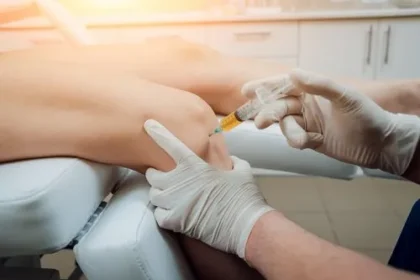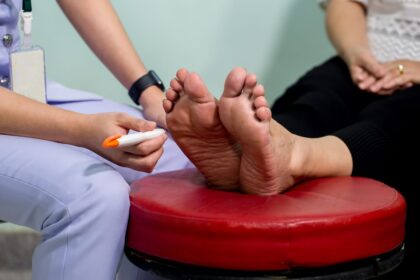Depression affects how you feel, think, and behave, and may lead to a variety of emotional and physical problems. People with depression may have trouble doing normal day-to-day activities, and sometimes struggle on their own. Physical activity is often suggested as a way to help manage mood. Here is more information about the connection between mood and physical activity:
Releasing Endorphins
When you engage in physical activity, your body releases chemicals called endorphins. These endorphins interact with the receptors in your brain that reduce your perception of pain. They also trigger a positive feeling in the body, similar to that of morphine.
This effect is a well-documented effect of acute exercise. Not all physical activity needs to be intense to produce this effect. Even moderate exercise, like a brisk walk, may stimulate the release of these natural mood lifters.
Regular physical activity not only improves mood but also helps reduce stress and anxiety levels over time. Incorporating even small amounts of exercise into your daily routine can offer long-term benefits for both your mental and physical well-being.
Improving Mood
Regular physical activity may lead to improvements in depression and mood. By increasing self-esteem and cognitive function, exercise helps build a sense of personal accomplishment. Achieving a fitness goal, no matter how small, offers a feeling of mastery and control. The social aspect of activities like team sports or group fitness classes also provides a sense of community and support. This interaction can reduce feelings of isolation. Exercise also helps regulate systems in the body that are often affected by low moods.
Promoting Regular Sleep
Consistent exercise may help regulate sleep patterns. Physically active people may enjoy better sleep quality. Physical activity increases body temperature, and the post-exercise drop in temperature may promote falling asleep. When you are sleep-deprived, you might feel more irritable, impatient, and moody. By helping to establish a regular sleep-wake cycle, exercise contributes to a more stable emotional state.
Reducing Stress
Physical activity is also a way to manage stress. Exercise may decrease levels of the body’s stress hormones, such as adrenaline and cortisol. It may also stimulate chemicals that help with stress and depressionression.
When you are active, you provide a physical outlet for mental tension. The repetitive motions involved in many forms of exercise, such as swimming or running, also give a focus point for your mind, which might help you disengage from negative thought patterns. This mental break allows you to step away from the sources of your stress.
Get Treated for Depression
While physical activity has many positive effects on mood, it is not a substitute for professional medical treatment for depression. Depression is a serious medical condition that requires a comprehensive treatment plan. If you are experiencing symptoms of depression, speaking with a healthcare professional is a positive first step. They can provide an accurate diagnosis and guide you toward an appropriate treatment path. If you are ready to seek help for depression, please contact our office to schedule a consultation with one of our compassionate professionals today.









